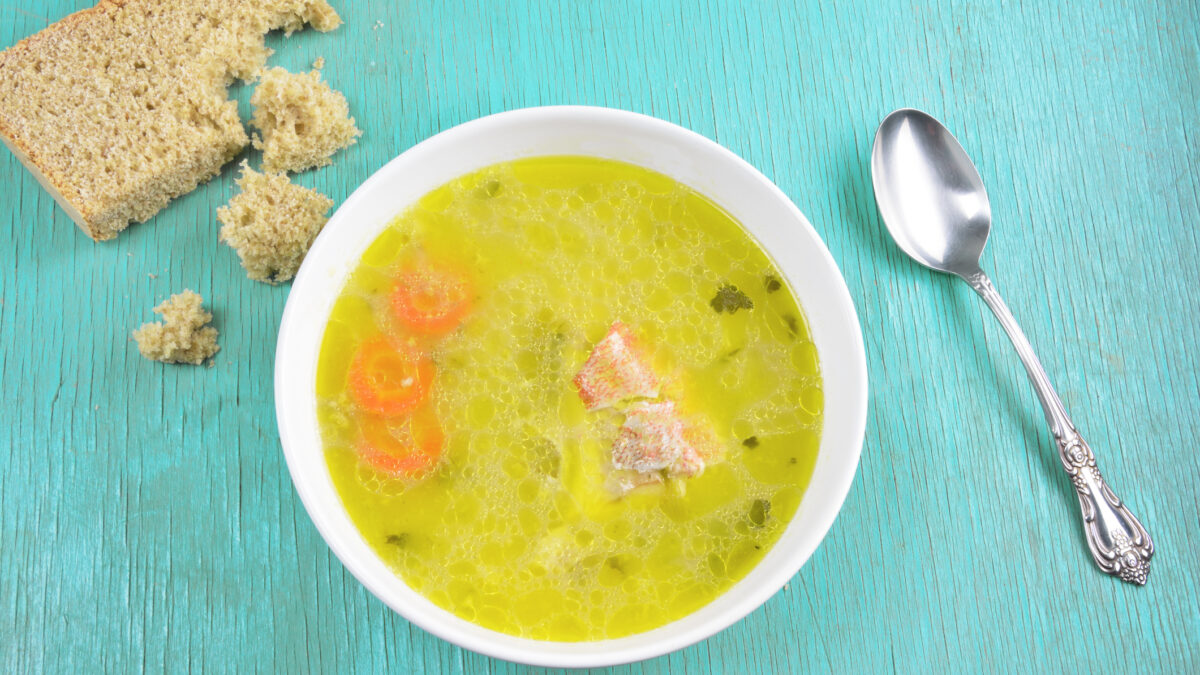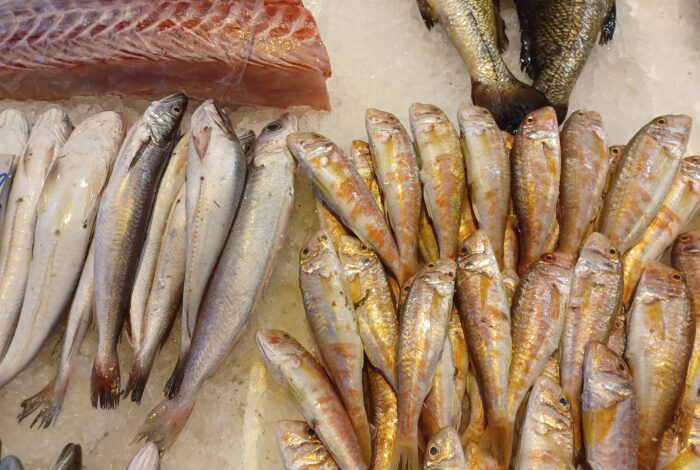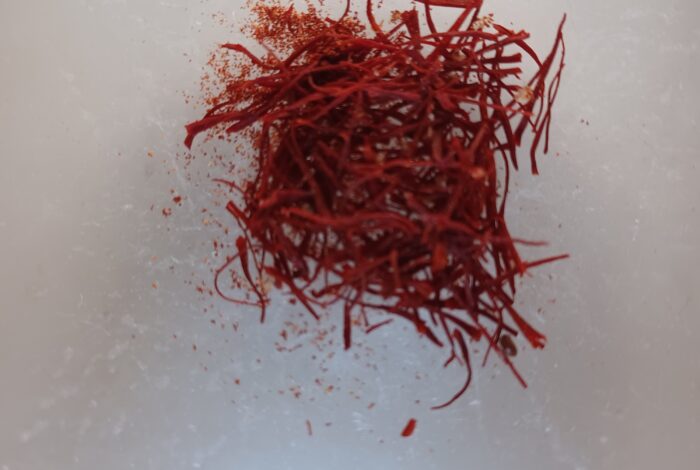Since people began living in societies, food has ceased to be just a means of survival and has also become a way for them to connect with one another. In Greece, food accompanies just about every aspect of community life. Every special event, ritual or moment has its own dedicated traditional meal.
This extends even to funerals. In any case, these meals follow certain rules, most of which are rooted in the past.
Symposia following funerals were first recorded in Ancient Greece. After the funeral, mourners would gather at the deceased’s family residence and honour his or her memory with a feast.
It is a tradition that has survived, with a number of local variations, into the present day.
From the moment someone’s death is made public, close friends and family members gather with food at his or her house. Simple dishes, so that the grieving family, unable to cook due to their sorrow, is provided with nourishment. Oven-roasted potatoes, legumes, or soups are just some of these recipes.
After the funeral, mourners gather at the deceased’s family home or even at the church, where traditional Greek coffee, cognac, sweet rusks and pieces of chocolate are served.
These offerings create an opportunity for people to express their condolences to the family and to exchange words of comfort.
After the coffee, family members and those who travelled from afar for the ceremony often stay for a meal.
One of the most frequently served dishes at funerals is fish soup, accompanied by any number of side dishes.
Fish are a prominent Christian symbol, closely associated with Jesus Christ, signifying hope for resurrection and eternal life. Fish soup is thus chosen to provide some spiritual comfort to those mourning the death of a loved one.
Meals also accompany the memorial service held 40 days after the funeral, at which the deceased’s family offer kolyva at church and serve meat stew with potatoes in memory of the deceased.
In fact, kolyva is the symbolic food par excellence. It is a confection made with boiled wheat, nuts, pomegranate and coriander or parsley and covered with sugar. According to tradition, the sweetness of the kolyva is meant to sweeten people’s memories of the deceased.
Ultimately, what is served at these sombre gatherings is less important. What matters is offering a warm plate of food as a gesture of gratitude to those who travelled to pay their respects to the deceased.










